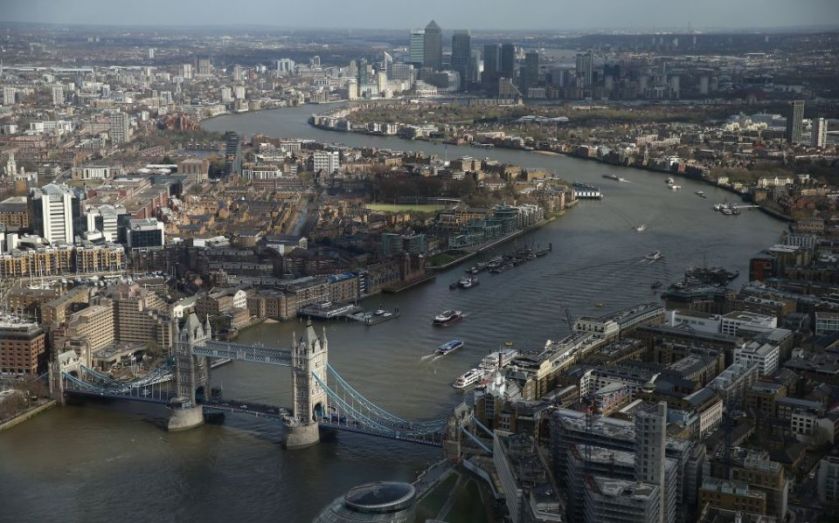City beware: The Serious Fraud Office has got its mojo back

There have been times when the performance of the Serious Fraud Office (SFO) has left many, especially those in the City, with the impression that it is not fit for the purpose for which it was designed.
Critics have had no shortage of ammunition: the SFO’s history is littered with controversy, criticism and setbacks. The Ministry of Justice recently dropped plans to reform the UK’s corporate criminal liability rules and confirmed it had stopped work on the creation of a “failure to prevent economic crime” offence, a move that will only make the SFO’s job more difficult. However, despite such setbacks, the SFO has turned a corner and appears to have blue chip companies and City financial institutions firmly in its sights.
To put these recent developments in context, it is important to understand the SFO’s history. It was established in April 1988 in the wake of a number of high profile financial scandals that rocked the City. Its stated purpose was and remains to investigate and prosecute serious or complex fraud and corruption, and to help maintain confidence in the UK’s business and financial institutions.
Despite some early successes, the SFO has regularly become mired in controversy. The botched investigation into the Tchenguiz brothers, which resulted in a civil claim against and apologies from the SFO, was a new low. There have also been a number of well publicised out of court incidents, including the loss by the SFO of highly sensitive data relating to its controversial investigation into BAE Systems. Such incidents led many to question whether the organisation had a viable future.
However, the SFO seems to have turned a corner. It now benefits from a significantly enhanced enforcement arsenal: the 2010 UK Bribery Act, the introduction of Deferred Prosecution Agreements in 2014, and new sentencing guidelines for corporate offenders have given the SFO greater legal powers than ever before to deal with corporate offending. In addition, the SFO now has access to “blockbuster” funding from the Treasury for larger cases. These will be handled by a workforce which has grown by over 100 people under the current director’s tenure. Looking forward, the SFO may also benefit from the proposed new corporate offence of failing to prevent tax evasion, which is likely to shine a spotlight on the tax activities of employers, suppliers and agents of corporates.
There has also been a definite recalibration of the role of the SFO by the current director David Green. His objective has been clear: to return the SFO to its primary role as an investigator and prosecutor of “top tier” economic crime. It is a recalibration that focuses the SFO’s fire squarely on the City and the results are stark. Forex and Libor investigations aside, the SFO’s list of current investigations reads like a “who’s-who” of leading, blue chip UK corporate entities across a range of industries including manufacturing, food, pharmaceutical and security. These new investigations are high profile, multijurisdictional, high value and complex; precisely the types of top tier cases for which the SFO was designed.
The challenge for the SFO will be converting these high profile investigations into successful prosecutions. Without such prosecutions, the current director’s efforts will have been wasted. The recent convictions and lengthy sentences secured in the Weavering, JJB Sports and Tom Hayes trials suggest that the SFO has rediscovered the ability to get complex cases over the line. This, together with enhanced funding, expanded legal powers and a number of new, big ticket, investigations, suggests that the SFO has got its mojo back. The City should take note.
Charles Thomson is a partner at Baker & McKenzie and Henry Garfield is a senior associate at Baker & McKenzie.